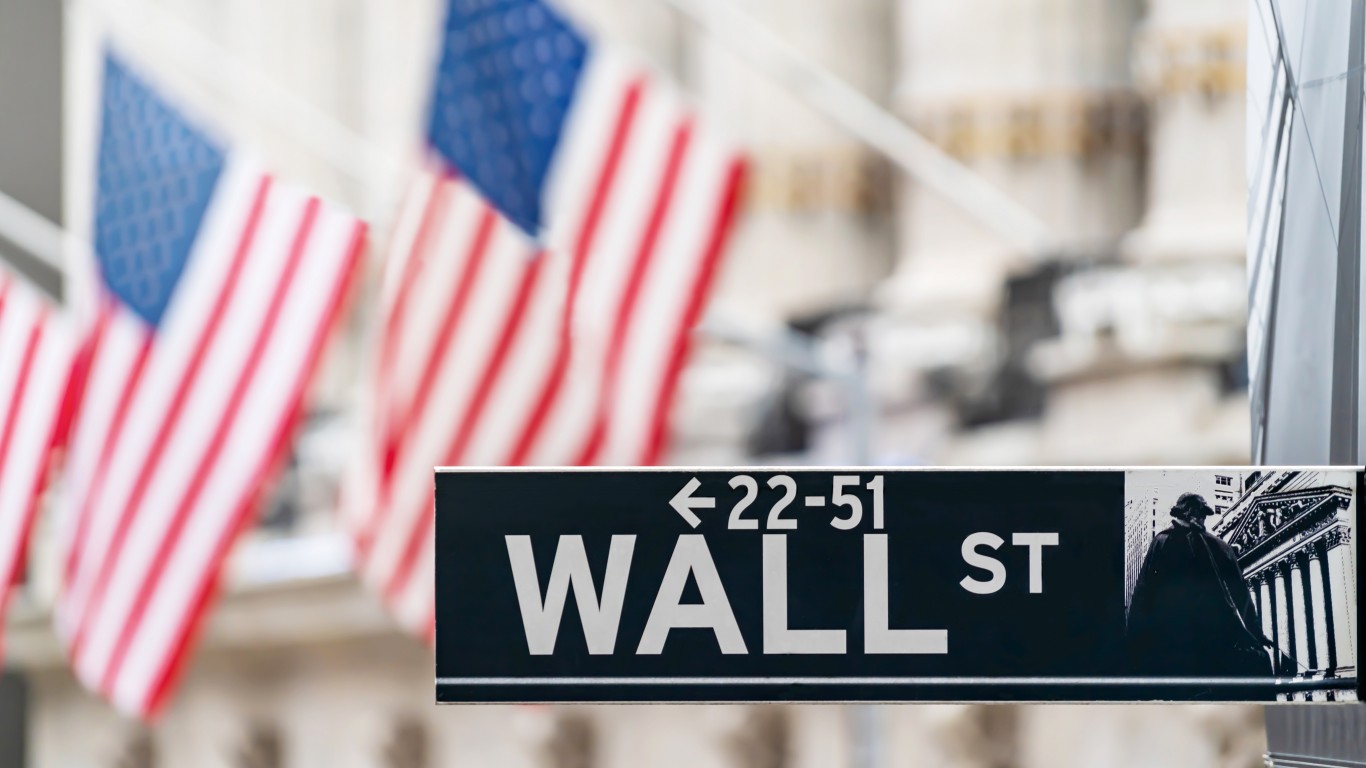
Eli Lilly (NYSE: LLY) stock has been a winner for investors of late, owing largely to strong consumer demand for obesity drugs. Shares have ballooned by nearly 60% year-to-date, while investors have also collected a quarterly dividend of $1.30 per share for an annual dividend yield of 0.56%. At year-end 2023, management announced a 15% increase to the quarterly distribution amount and has held it steady ever since.
While LLY stock is already trading within grasp of its 52-week high, Wall Street analysts believe shares are just getting started and could be headed for the stratosphere. If they’re right, Eli Lilly could be the next company to join the stock-split club in 2024, thereby expanding representation beyond the technology sector, where Nvidia (Nasdaq: NVDA) and Broadcom (Nasdaq: AVGO) have already made a splash, into pharma.

Wall Street Bulls
Berenberg: Out of the gate, Berenberg analyst Kerry Holford lifted the firm’s price target on Eli Lilly stock by 17.6% to $1,000 from $850 and maintained a buy rating. The new price target suggests LLY stock has runway for another 8% upside in the near term. Perhaps more importantly the Berenberg analyst is confident that Eli Lilly stock will cross the psychologically sensitive $1,000 threshold, which is likely to ignite further buzz about a potential stock split.
JPMorgan: Wall Street firm JPMorgan similarly believes Eli Lilly stock should be trading at $1,000, lifting the price target from $900 to that level with an overweight rating leading up to the company’s Q2 earnings report in August. JPMorgan analysts say weigh loss drug prices are worthy of debate but believe there is long-term upside potential yet to play out.
Will There Be an Eli Lilly Stock Split in 2024?
If Eli Lilly’s board of directors decided to complete a stock split in 2024, it wouldn’t be the first time. The company has a handful of stock splits in its history, each of which had a 2:1 ratio, but none of them have been in the 21st century. The last time that Eli Lilly split its shares was in 1997, when the stock was hovering at approximately $100 per share. Now that shares are barreling toward $1,000, and Wall Street analysts believe it has a shot at this level in the near term, Eli Lilly management might seriously be considering revisiting their share-split strategy.
This is especially true given the company’s strong fundamentals, including revenue that is growing hand over fist. Last year, Eli Lilly generated a whopping $34 billion-plus in revenue, a 19% increase over 2022 levels. Much of its revenue growth is being fueled by sales for its obesity drugs, Zepbound and Mounjaro. In Q1 2024, sales of Mounjaro roughly doubled to $1.81 billion amid rising prices and soaring demand. Zepbound revenue hovered at $517.4 million in the quarter. Eli Lilly is also focused on diversifying its drug portfolio through a series of acquisitions.
Eli Lilly increased its 2024 total revenue outlook by $2 billion to a range of $42.4 billion-$43.6 billion, owing to strong performance from its weight loss drugs. With this type of growth and demand in the forecast, Eli Lilly’s stock price is likely to continue to reflect this bullish momentum, potentially to $1,000 per share, in response to which a potential stock split could be in the cards.
Take Charge of Your Retirement In Just A Few Minutes (Sponsor)
Retirement planning doesn’t have to feel overwhelming. The key is finding expert guidance—and SmartAsset’s simple quiz makes it easier than ever for you to connect with a vetted financial advisor.
Here’s how it works:
- Answer a Few Simple Questions. Tell us a bit about your goals and preferences—it only takes a few minutes!
- Get Matched with Vetted Advisors Our smart tool matches you with up to three pre-screened, vetted advisors who serve your area and are held to a fiduciary standard to act in your best interests. Click here to begin
- Choose Your Fit Review their profiles, schedule an introductory call (or meet in person), and select the advisor who feel is right for you.
Why wait? Start building the retirement you’ve always dreamed of. Click here to get started today!
Thank you for reading! Have some feedback for us?
Contact the 24/7 Wall St. editorial team.





